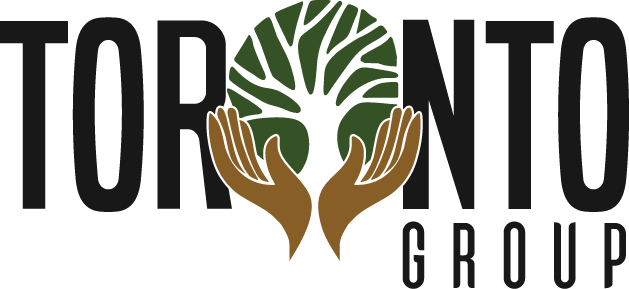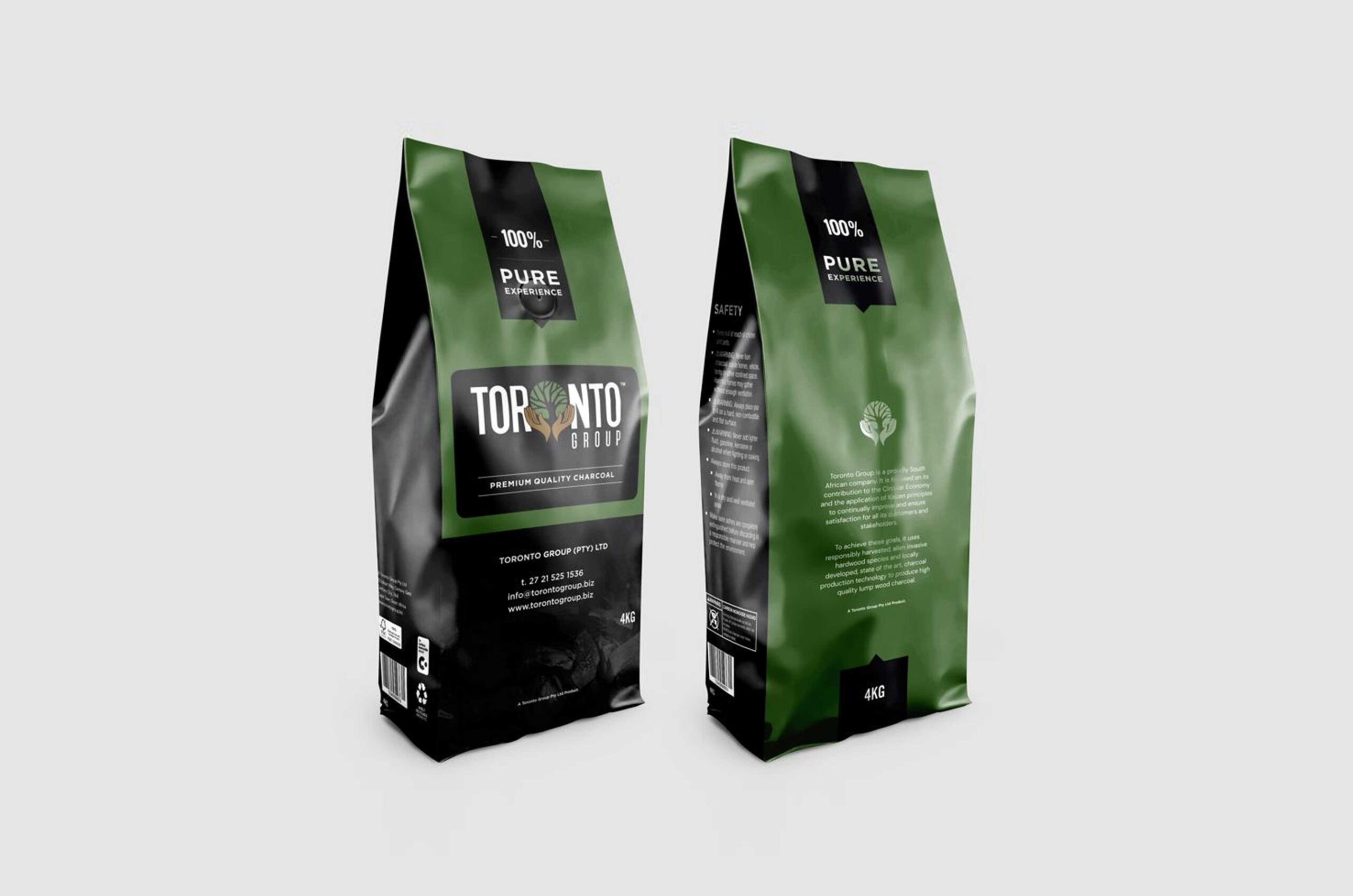BBQ caught up with serial entrepreneur and Group CEO of the Toronto Group (TG), Phillip Mulungo, to find out more about the company and what makes him tick as an entrepreneur.
Mulungo has had an interesting career to date. Starting as an insurance salesperson he then moved into other sectors before making the big move into business. He went on to study mechanical and computer engineering, and entrepreneurship among others which are relevant to his career as an entrepreneur.
Currently Mulungo is involved in several business ventures through Excellento Group Holdings spanning across manufacturing, property development, farming as well as oil and gas.
As CEO of Toronto Group (TG), his main focus is on lump wood charcoal manufacturing. According to Mulungo, this product is used in several applications including “bbq or household use, the restaurant market and the metallurgical sector; the fines can potentially be upgraded for use in the activated carbon and biochar markets.”
Creating environmentally friendly charcoal
Creating charcoal is often seen as something that does not really fit in with the green economy, however, Mulungo has found a way to make it environmentally friendly.
“In the Western Cape, alien invader species are being harvested to increase the flow of water in the province’s principal catchment areas. TG identified the biomass that results from this harvesting as a valuable feedstock for charcoal production, and thus, as is often the case, avoiding it being disposed of through burning.
“By harvesting the biomass from catchment areas, we are addressing the water scarcity issues by removing the invasive species in the riparian zones and in this process, are ensuring that the natural vegetation thrives, the unique indigenous fynbos vegetation grows, and wildlife returns,” explains Mulungo.
Furthermore, Toronto Group follows the Kaizen Philoso犀利士 phy, which is inspired by the need to continually improve, and the pursuit of perfection.
TG uses high-efficiency carbonising retort production technology, developed in South Africa, to produce its charcoal. The design and efficiency of the technology ensures that emissions are minimized, with no harm to the environment, and thus achieving the maximum possible output from the process.
What sets TG apart
Across the industry and other sectors, there are challenges for companies as well as competitors. In the race to be the best supplier, every organisation must have a unique selling point, especially in an ever-changing environment.
For TG, and Mulungo, they have hit the nail on the head in terms of making their product the one to want.
Mulungo explains, “TG prides itself in being a cradle-to-cradle organisation, minimising waste, with all its products destined to be used as efficiently as possible. We seek to maximize the output of the entire value chain, and generate multiple income streams i.e., bbq, restaurant, and metallurgical grade charcoal, and potentially also biochar and activated carbon through further processing of charcoal fines. We are constantly seeking new ways in which to create more jobs, serve the environment better and simultaneously generate value.
Mulungo goes further to say that he has a firm belief in not just making profits, but ensuring that TG creates a sustainable and mutually beneficial relationship with all stakeholders, whilst nurturing the environment.
“In all the businesses that I’ve been trusted to lead I’ve come to appreciate that people can sense if you are in it solely for money alone and don’t have their best interests at heart. To TG it is all about the 3Ps, Profit, People, and the Planet,” muses Mulungo.
Further Growth
On expansion and growth, Mulungo makes it clear that growing in the local market is important. There are plenty of areas in which they can grow, but there are many obstacles, especially in mining rehabilitation.Currently, the mining industry is not proactive in seeking solutions.
“The mining industry is a critical sector for the activated carbon market, and I believe that through education, advocacy, and lobbying, we would be able to penetrate the sector. If we can get this right several of the issues surrounding hazardous waste in the sector can be addressed,” says Mulungo.
Mulungo continues to explain, “Activated carbon has special properties that allow it to remove volatile organic compounds (VOCs), odours, and other gaseous pollutants from the air. It accomplishes this in a way that is different from other air purifiers like HEPA that only filter particle pollution from the air. Carbon air filters trap gas molecules on a bed of charcoal, a process that has a surprisingly colourful history. Here you will dive deep into how they work. Then you can consider if using a carbon air filter will meet your needs by examining its advantages and drawbacks.”
The second key market for TG is around air emissions.
“Through activated charcoal, there are possibilities of assisting big industries in their carbon audits. As the world is adapting and seeking new ways of doing business whilst still caring for the environment, we see a spike in orders towards the audit season as opposed to this becoming a norm.”
“Profits are not the only reason we go into business; we strive to incorporate corporate citizenship in our endeavour of doing business. It is about the bottom line which is the sustainability of a company’s social, environmental, and economic impact,”says Phillip Mulungo.
Why Europe?
Toronto Group is not selling charcoal but rather a lifestyle – a lifestyle that addresses a need in the market abroad which puts more emphasis on environmentally green supplements.
TG has a major footprint in Europe but Mulungo makes a couple of interesting points with regard to the South African market.For example, Mulungo says, “In the metallurgical sector, our charcoal is providing a solution that assists in addressing carbon emissions, by providing a green supplement to displace some of the coal demand.”
Furthermore, and very interestingly, Africa is known for exporting raw materials and reimporting them as finished products at inflated prices. This is a known fact across the board, and Toronto Group is trying to change that narrative. In doing so, they hope to help the South African market understand and appreciate the premium to be paid for going green.
“There are costs associated with the advanced technology we are using, the biomass harvesting, and other sustainability criteria, such as compliance in as far as green products are concerned e.g., our charcoal is Forestry Stewardship Council (FSC) certified. The South African bbq market is slowly reaching the point where it is willing to pay for the premium, but until such time, we’ll be focusing on international markets for this sector,” explains Mulungo.
Why Toronto Group?
Toronto Group is at the forefront of environmentally friendly charcoal production. The world has changed substantially, and as Mulungo eloquently puts it, “it is about the value you bring to your clients, stakeholders/investors, and positively contribute to the environment for future generations.”
Conclusion
Mulungo concludes with the following impactful statement regarding the Toronto Group.
“TG is part of a group of companies that are driven by a global agenda and a group that is here to stay. In all our investments we have one common theme, longevity.
“Being part of TG means you are part of a global player, and you gain access to the entire group, but most importantly, quality service. We are about predictability, quality of service, continued support, and partnership. We don’t have customers but stakeholders from whom we are learning so that we can best serve their needs–our stakeholder’s needs are paramount.”
Phillip Mulungo



